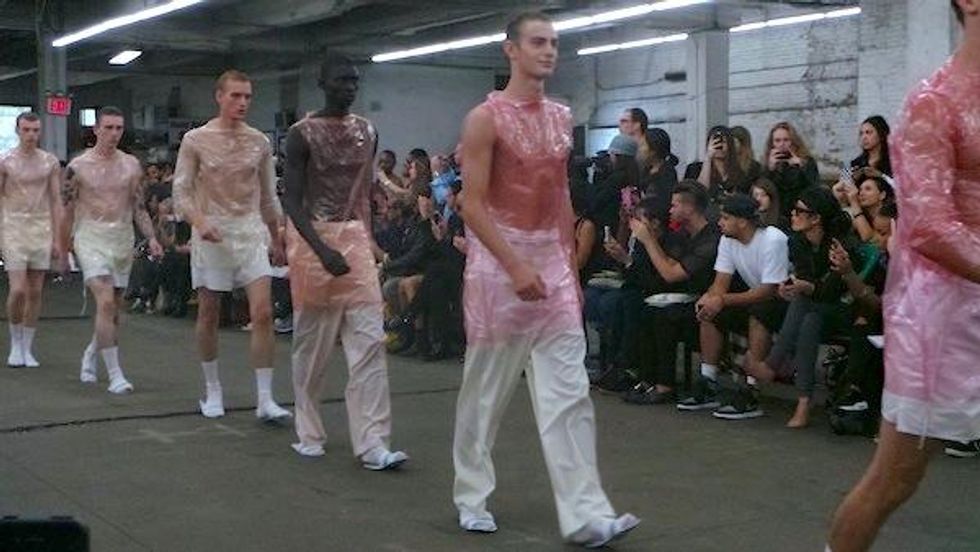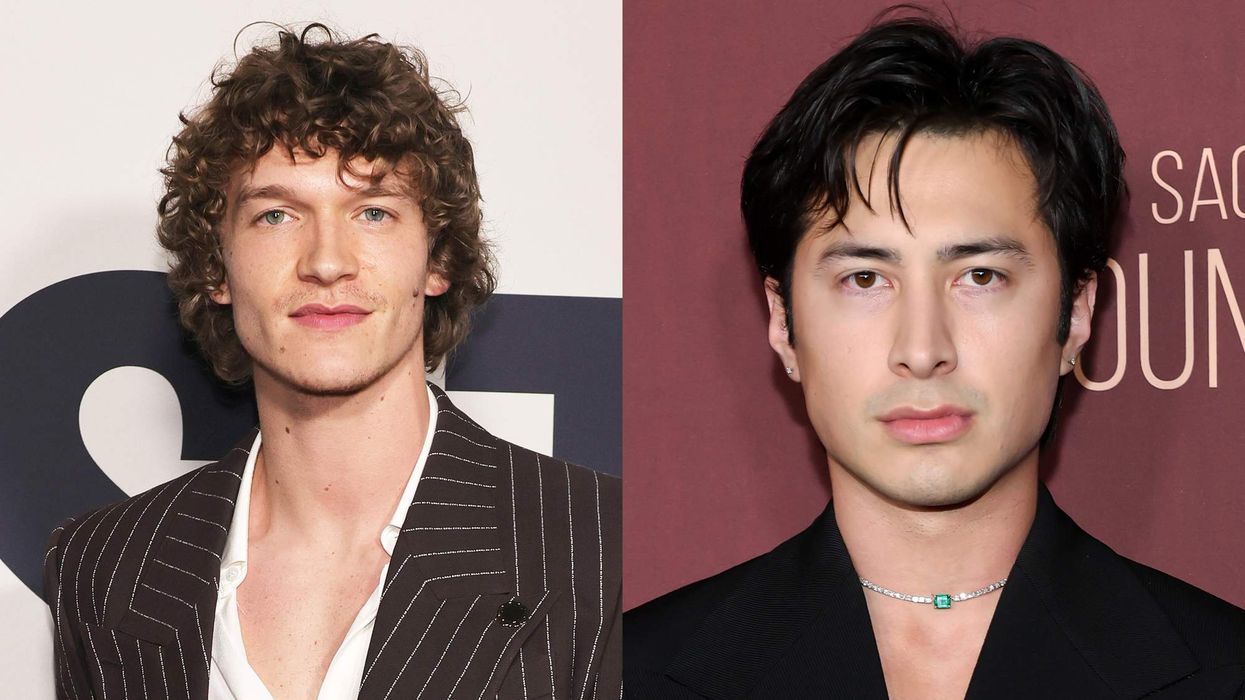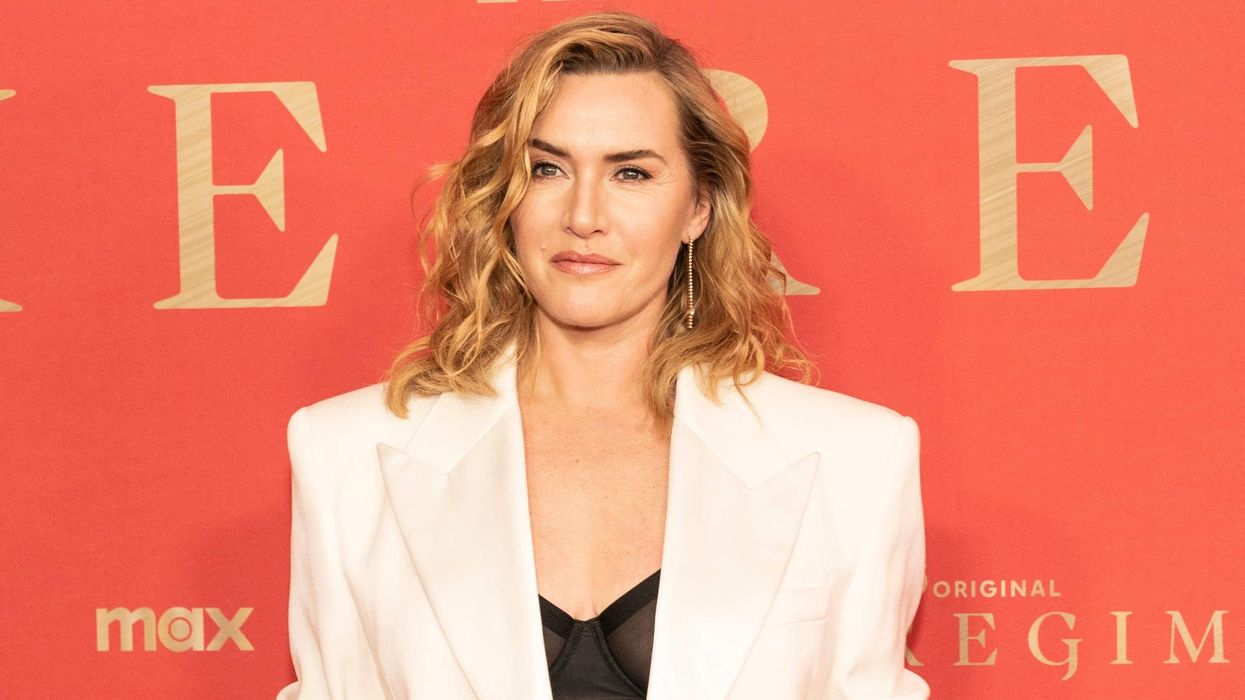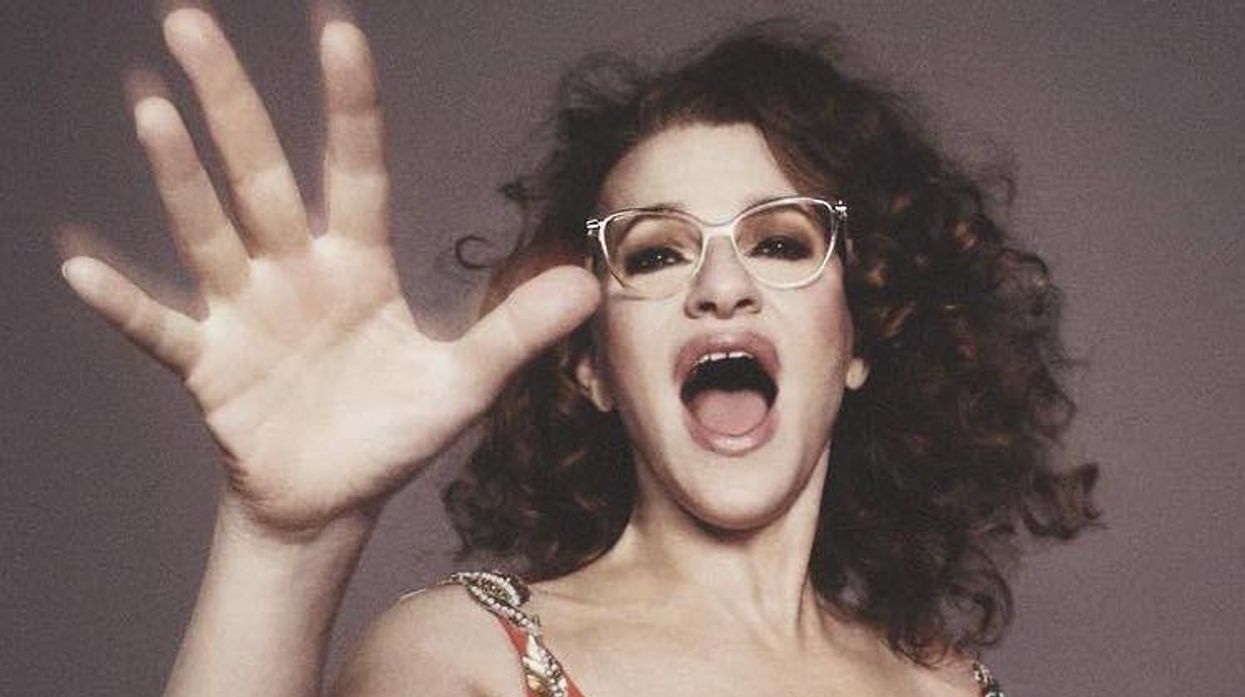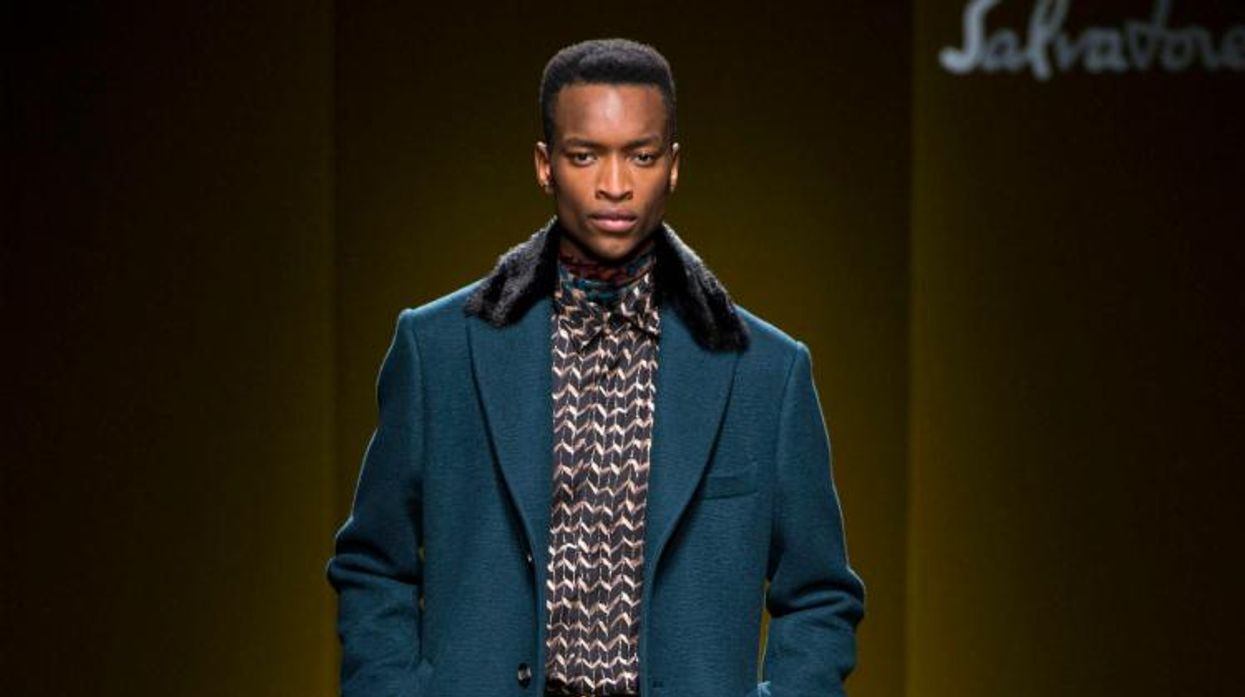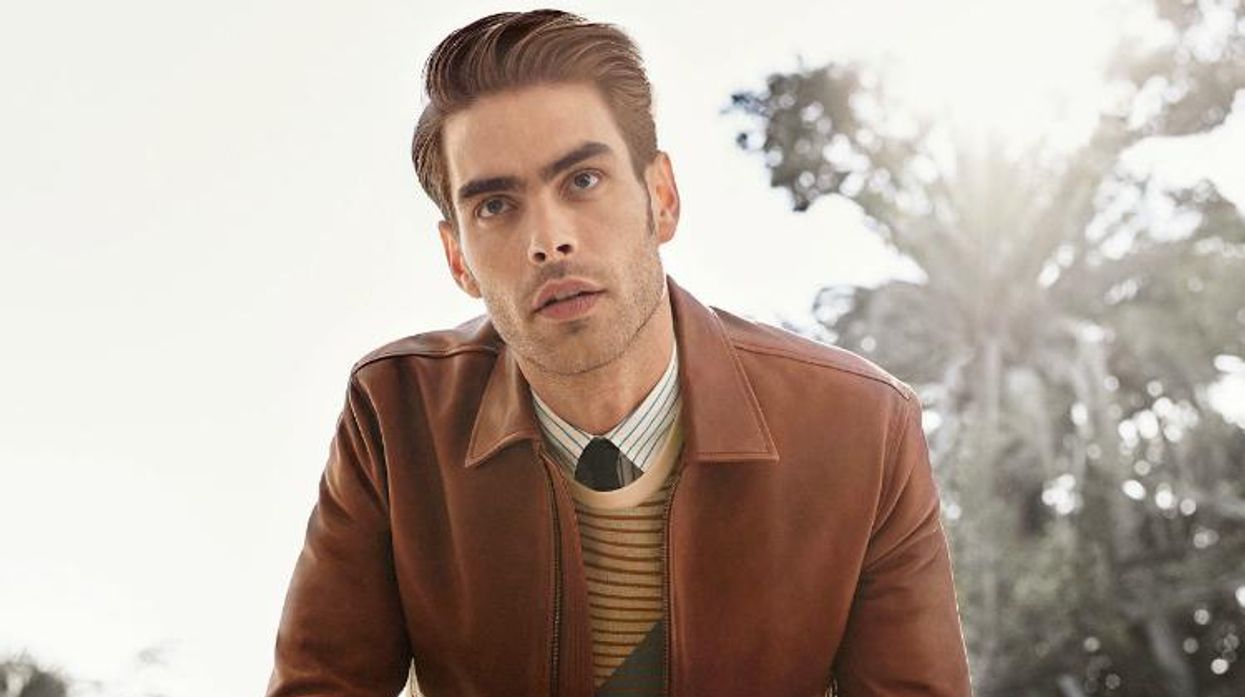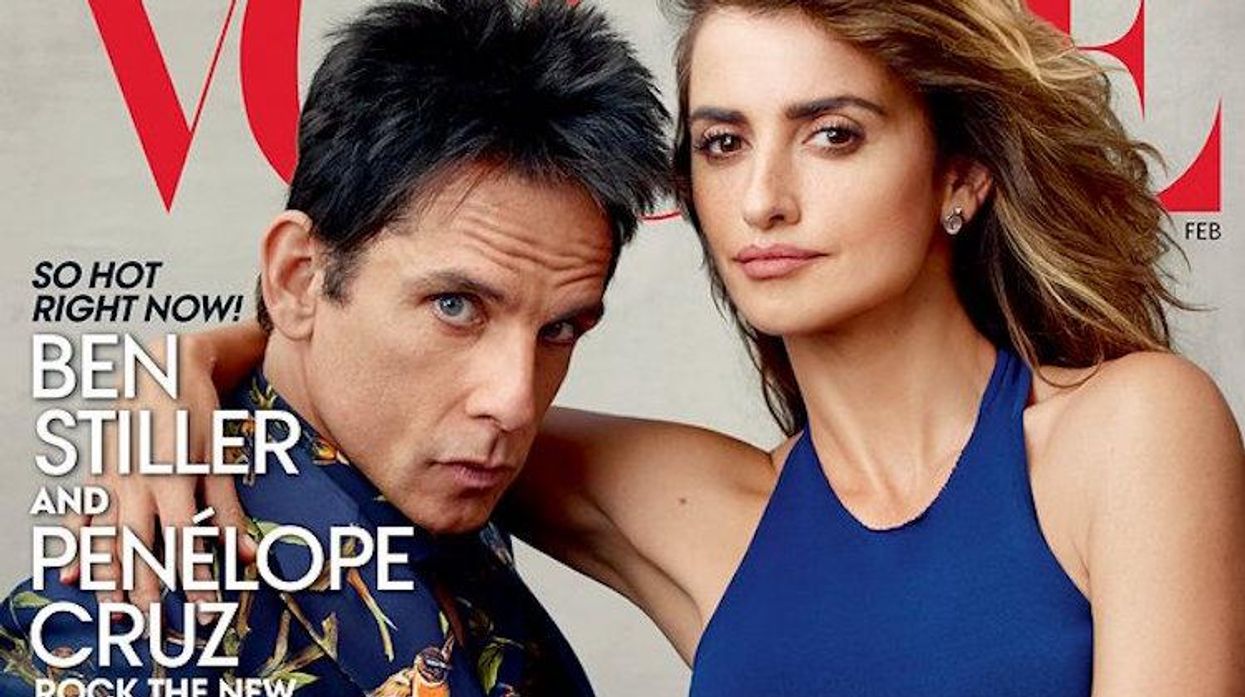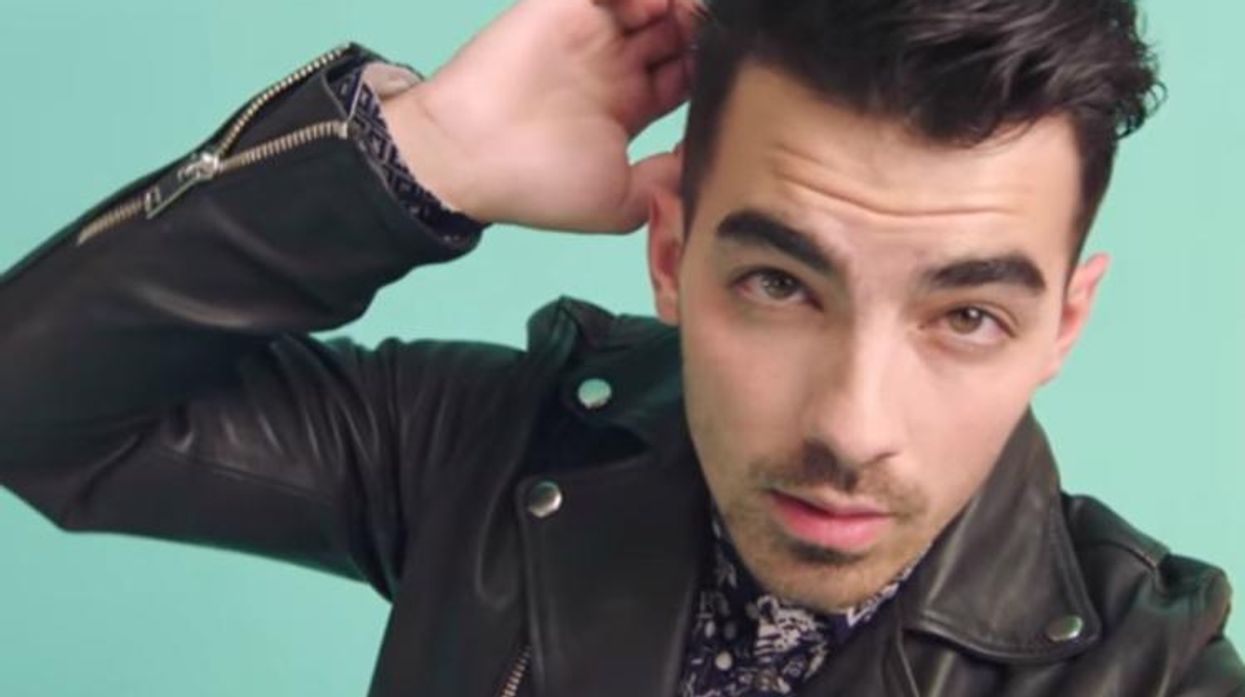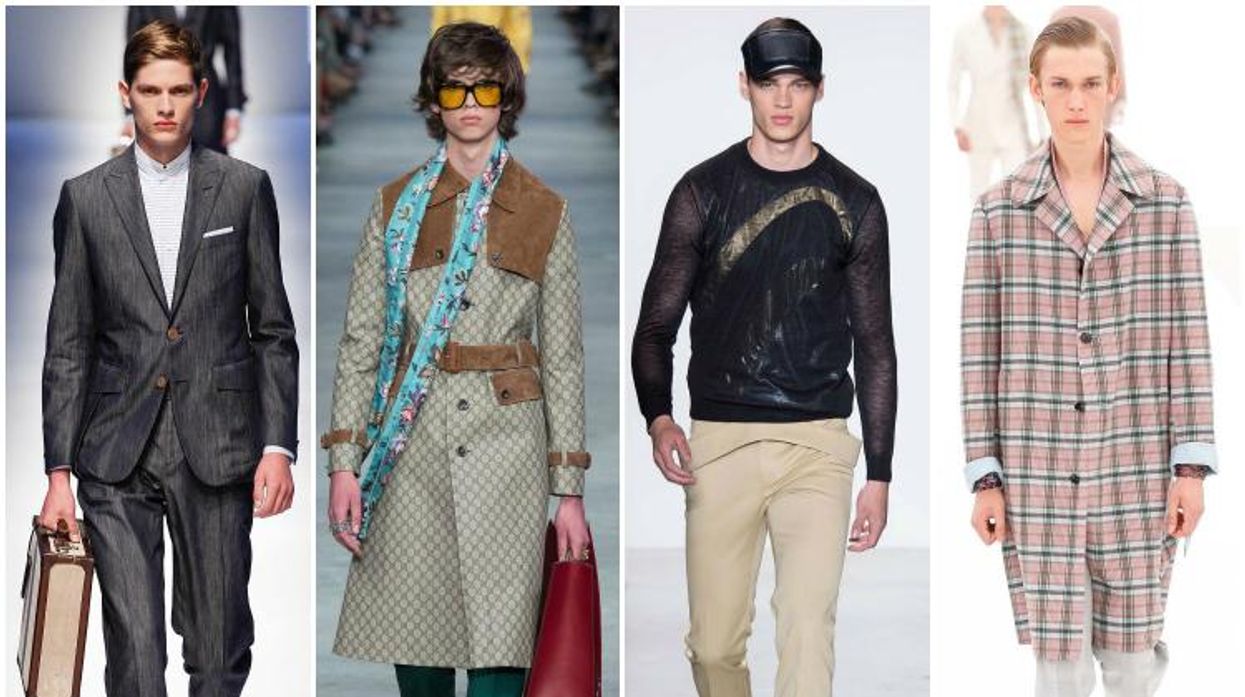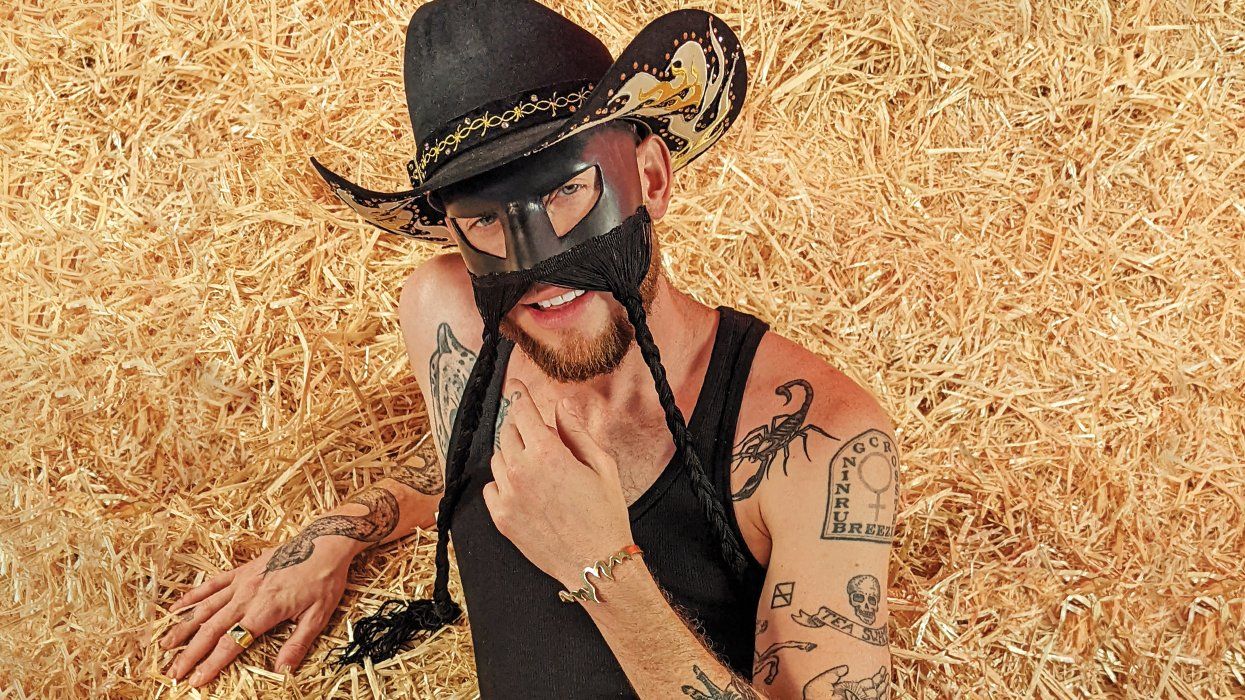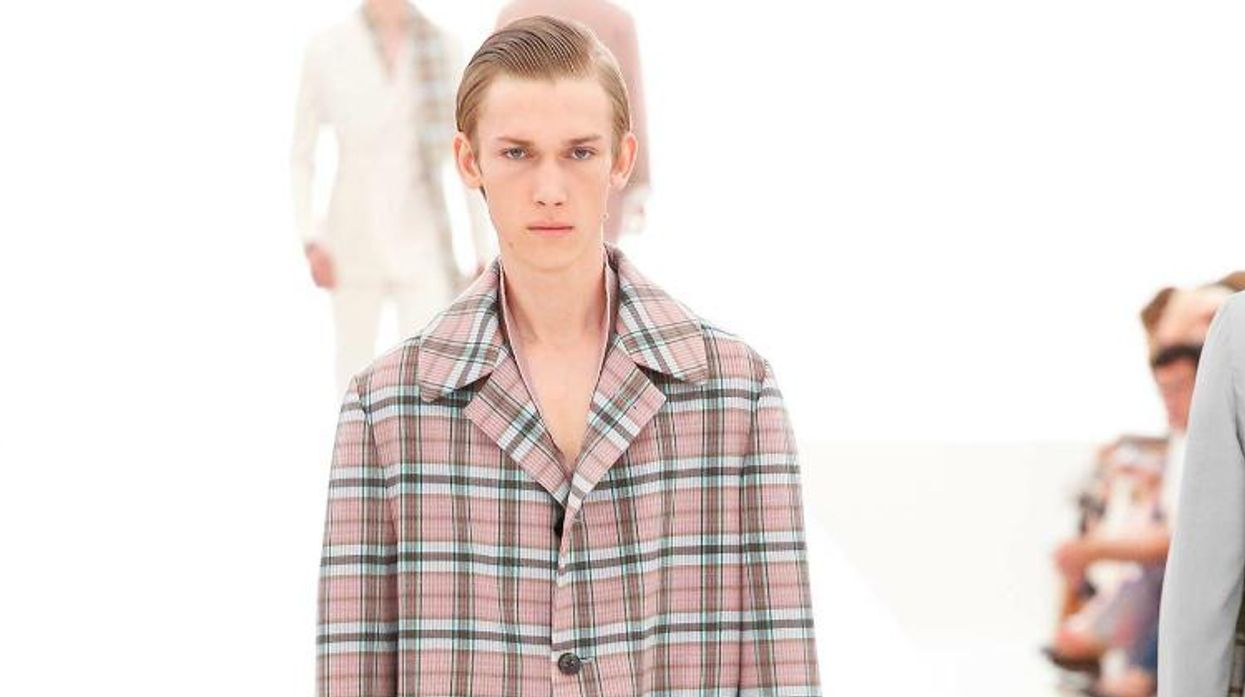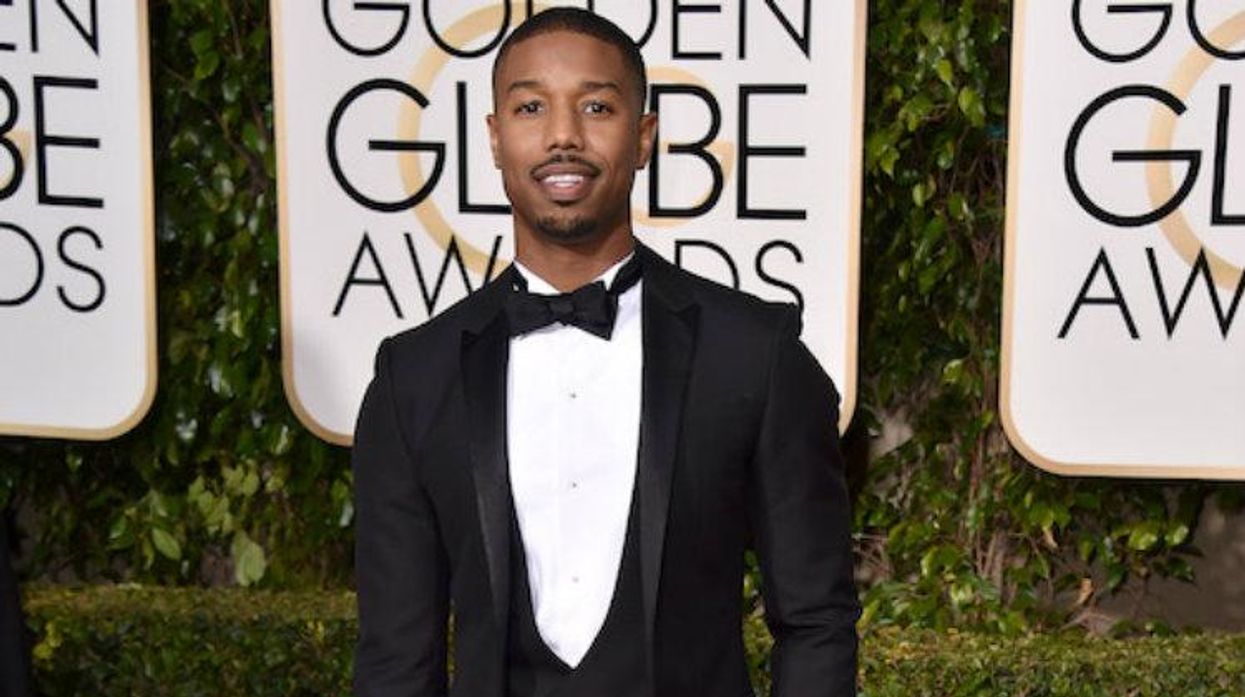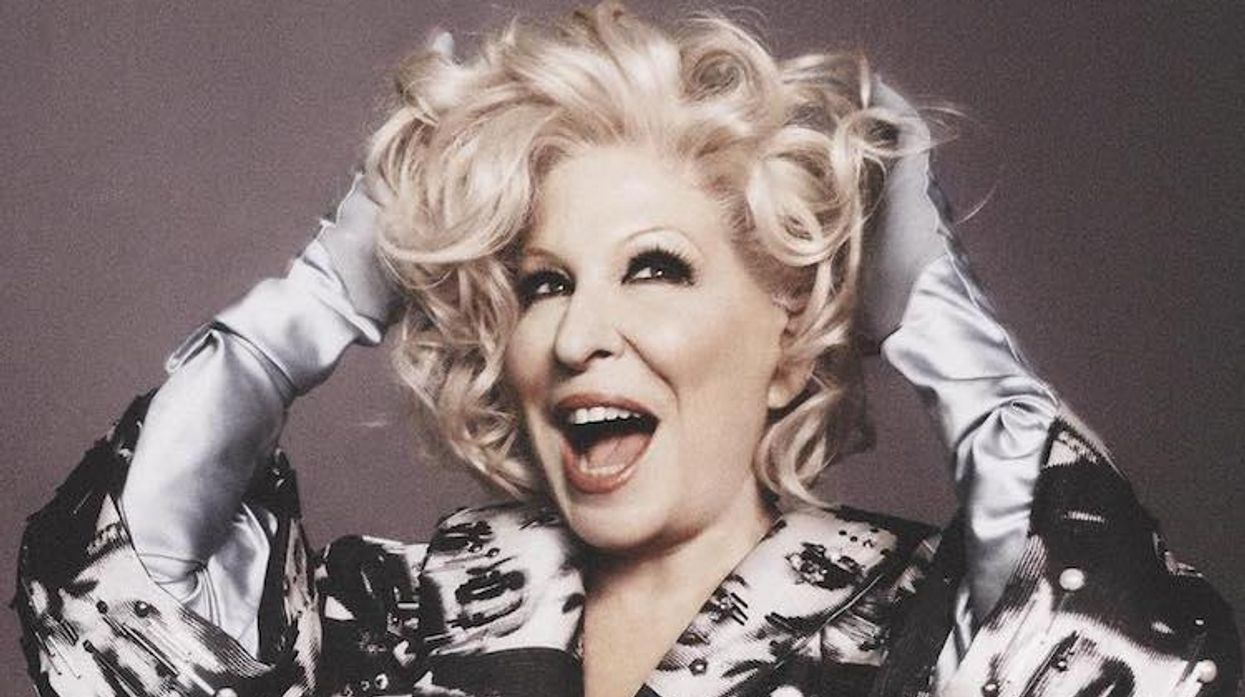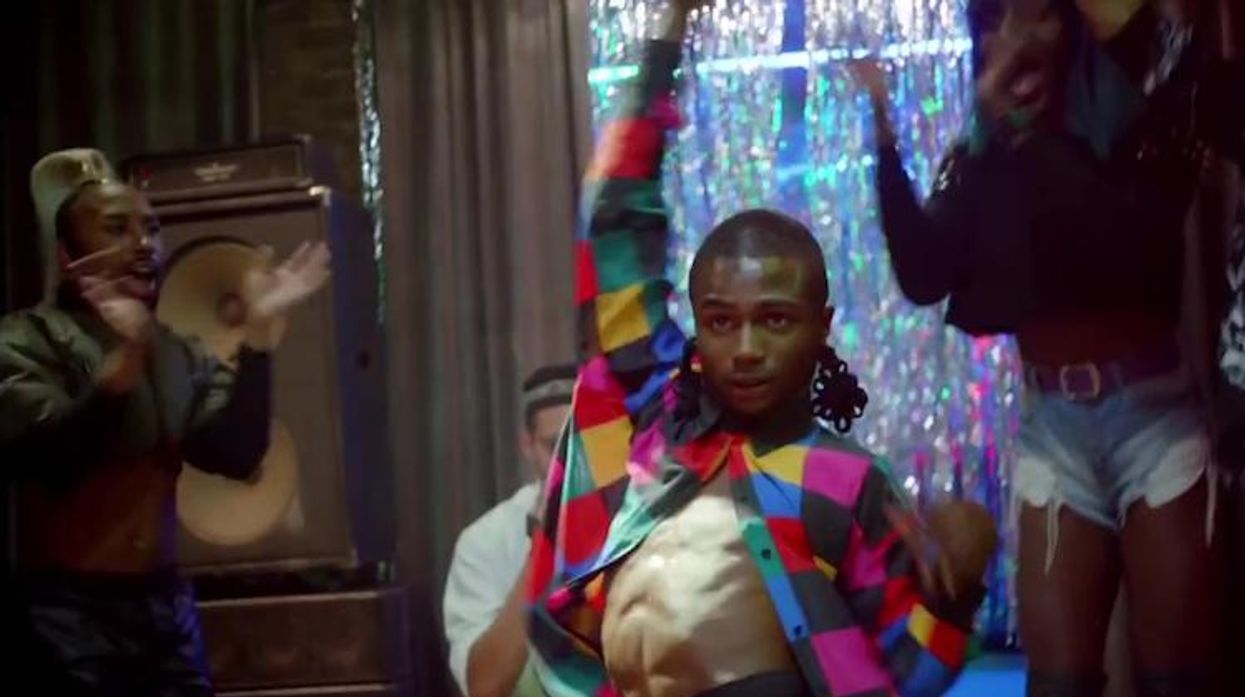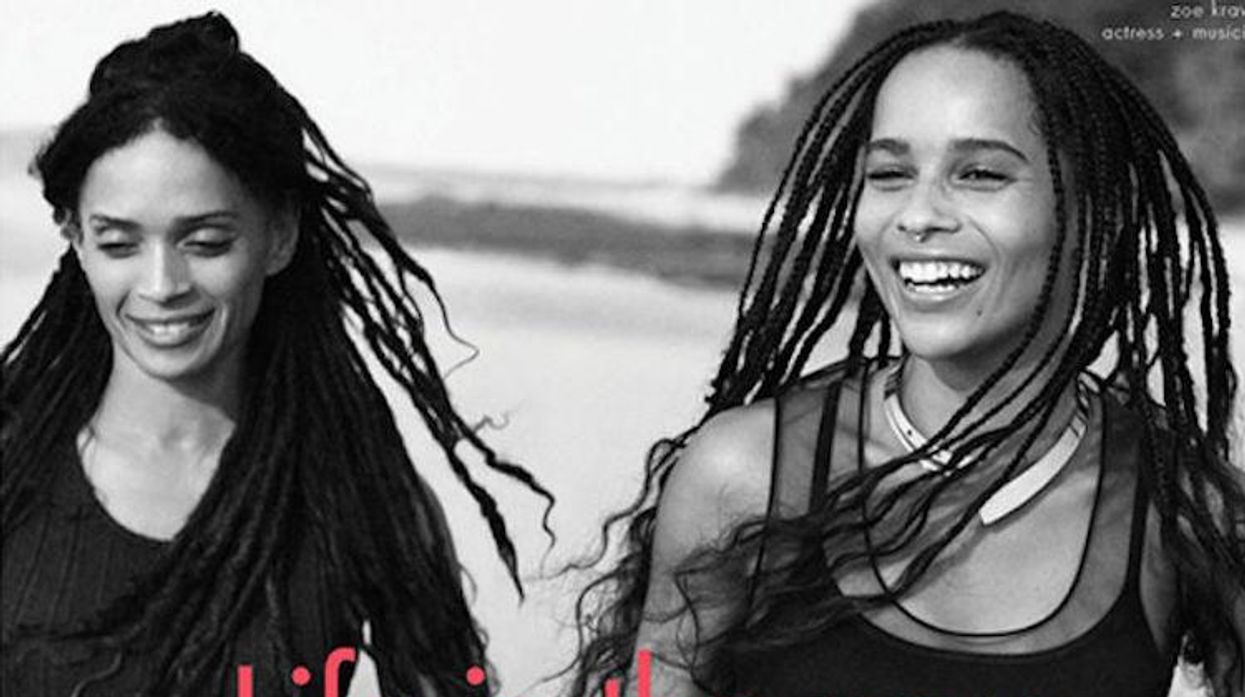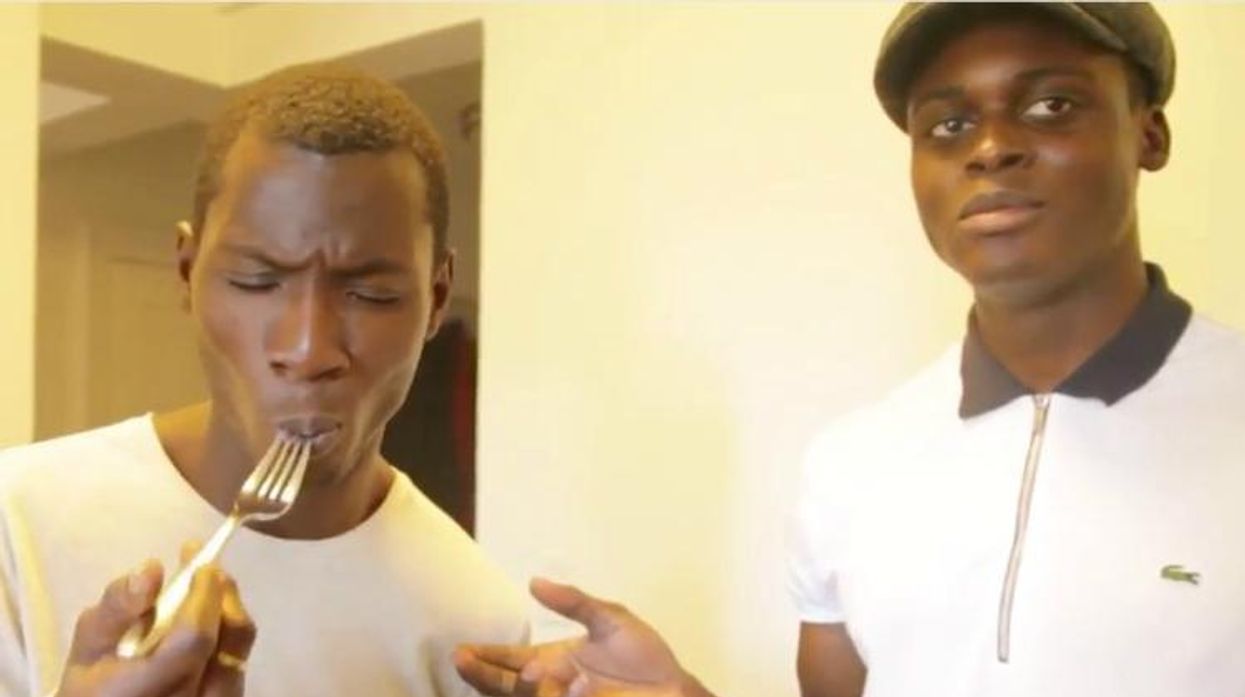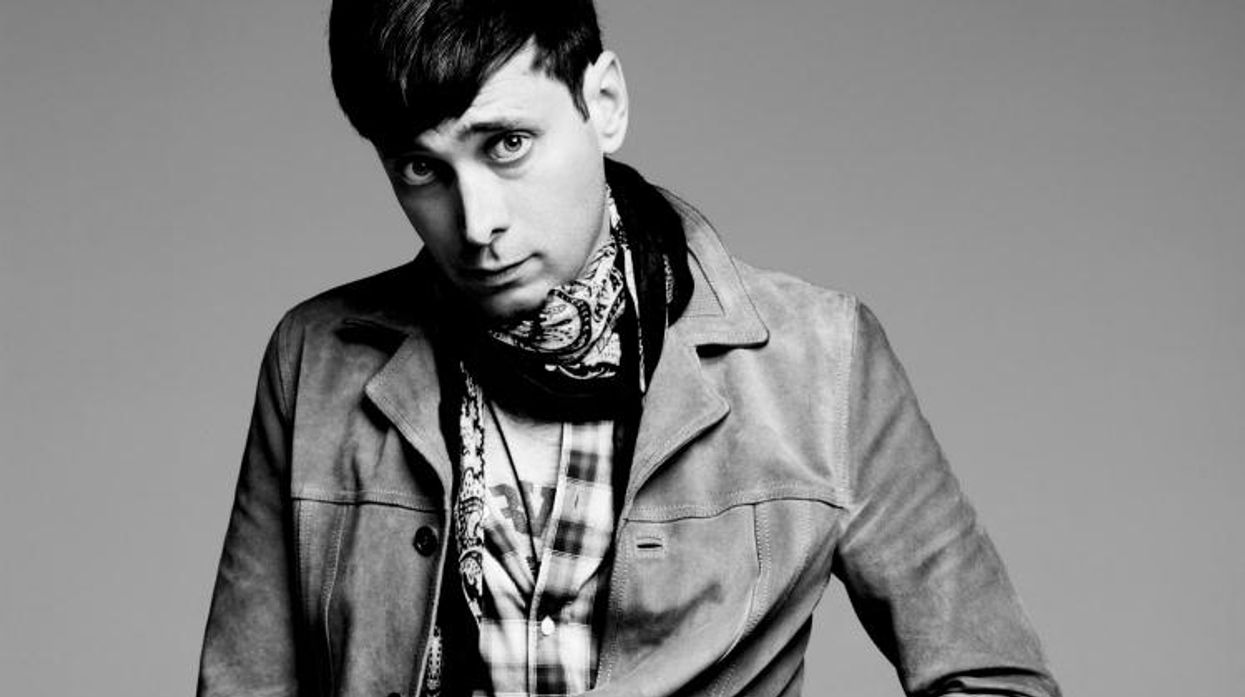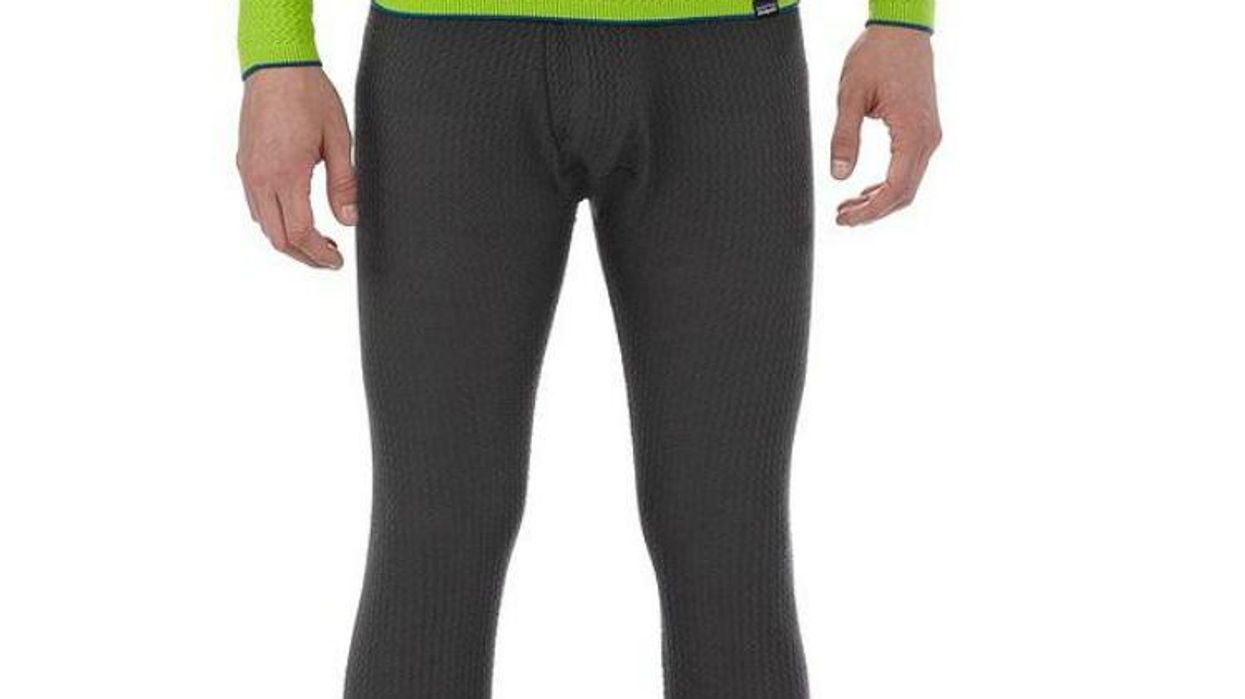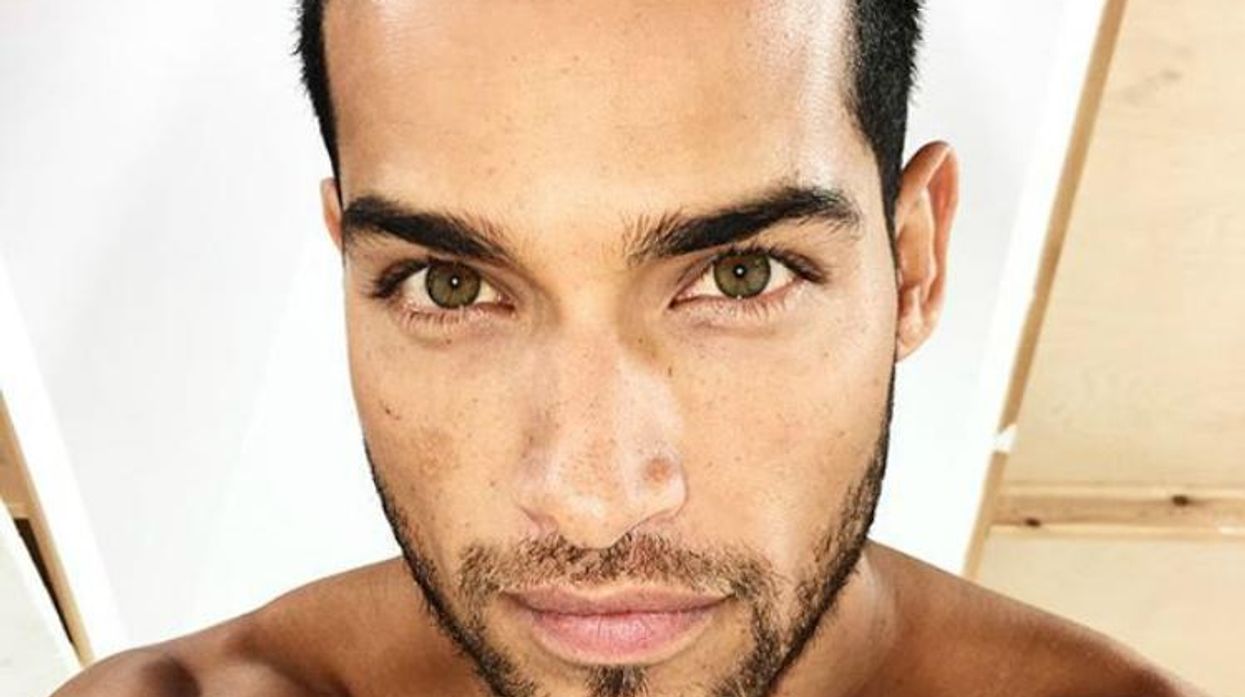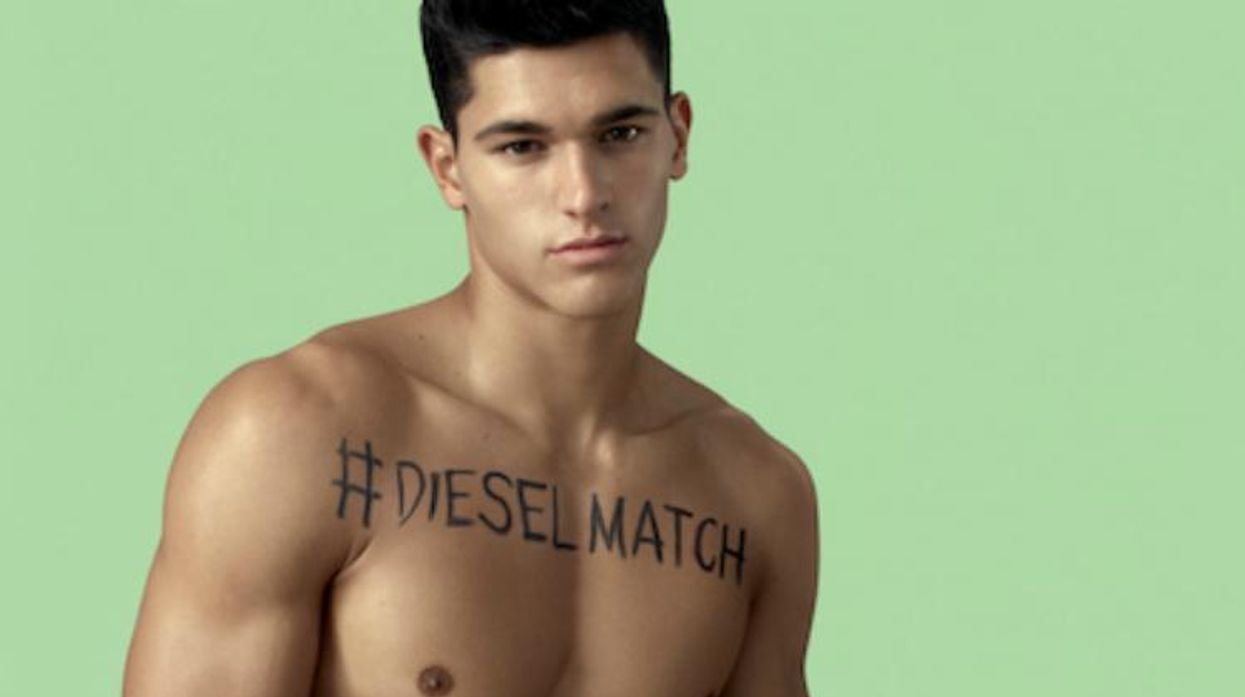Anyone who attended Fashion Week this season would be struck by the virtual absence of models of color in runway shows. Now the word is out. Bethann Hardison, casting director and legendary supermodel of the 1970s, has penned an open letter addressed to the CFDA and several fashion governing bodies in London, Paris, and Milan, in which she calls out fashion designers who featured only one black model (or none) in their shows last season.
Hardison writes:
"Eyes are on an industry that season after season watches design houses consistently use one or no models of color. No matter the intention, the result is racism. Not accepting another based on the color of their skin is clearly beyond 'aesthetic' when it is consistent with the designer's brand. Whether it's the decision of the designer, stylist or casting director, that decision to use basically all white models, reveals a trait that is unbecoming to modern society. It can no longer be accepted, nor confused by the use of the Asian model."
Hardison follows her letter with a list of high-profile designers who she considers "guilty of this racist act."
On Monday, she was joined by Naomi Campbell and Iman to speak on Good Morning America about the issue. The three fashion icons are part of the Diversity Coalition, a group founded by Hardison to advocate equality in the modelling industry.
"I feel very responsible for young models of color. They come to me and tell me they're not getting jobs, and I do what I can to speak up for them. This year has not been great. It's so disappointing. I feel it very personally. I've given 27 years to this business and things haven't got any better. It is shocking. [...] We have to speak up, because we can."
The issue seems as pervasive in womenswear as it is in menswear: At New York Fashion Week Spring 2014, currently ongoing, several men's fashion presentations only had one black male model walking. At Siki Im, Fernando Cabral was the only black man walking out of 26 models. Later that day, designer Tim Coppens only had one look worn by a black model at his show, which featured 30 models, male and female. Incidentally, they are the same designers included in Hardison's list, which is based on a poll showing that during the Fall/Winter 2012-13 season, only 6% of the models who appeared in shows were black. In comparaison, white models represented 82.7% of the looks shown at fashion presentations over the same period.
Siki Im Spring/Summer 2014
Hardison's letter prompted mixed reactions. Some cited creative freedom as a reason to feature a majority of white models. Robert Geller's acclaimed menswear show, presented on Saturday, only had white faces. His collection was a tribute to street style of 1980s youth in Moscow, a city where ethnic minorites still make up less that 10% of the population. Did the designer make a conscious decision to only cast white models in order to stay true to his source of inspiration? Or is it time for menswear in 2013 to reflect a more accurate image of the people in attendance photographing, promoting, buying, and blogging about their collections, who regardless of race share the same love of fashion? A glance over the guests sitting on the benches at New York Fashion Week would reveal that fashion shows attract a crowd much more multi-ethnic than what designers tend to represent on the runway.
In response to Hardison's letter, and her appearance on ABC with Naomi and Iman, the governing bodies which received the letter are taking steps to address the whitewashing trend. WWD reported on Tuesday that Steven Kolb, CEO of the CDFA, and Diane von Furstenberg, fashion designer and president of the CFDA, are planning on meeting with Hardison to discuss the issue.
Click here to read Bethann Hardison's letter, and share your opinion below.



